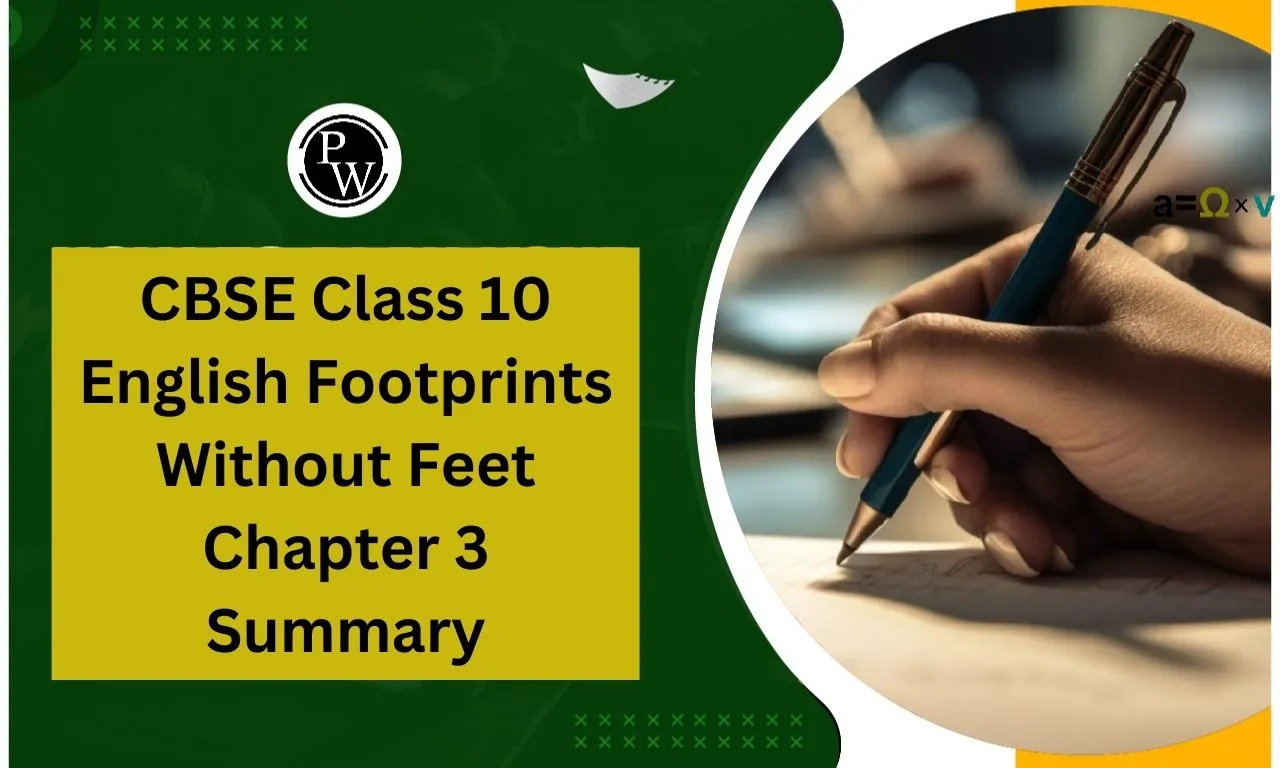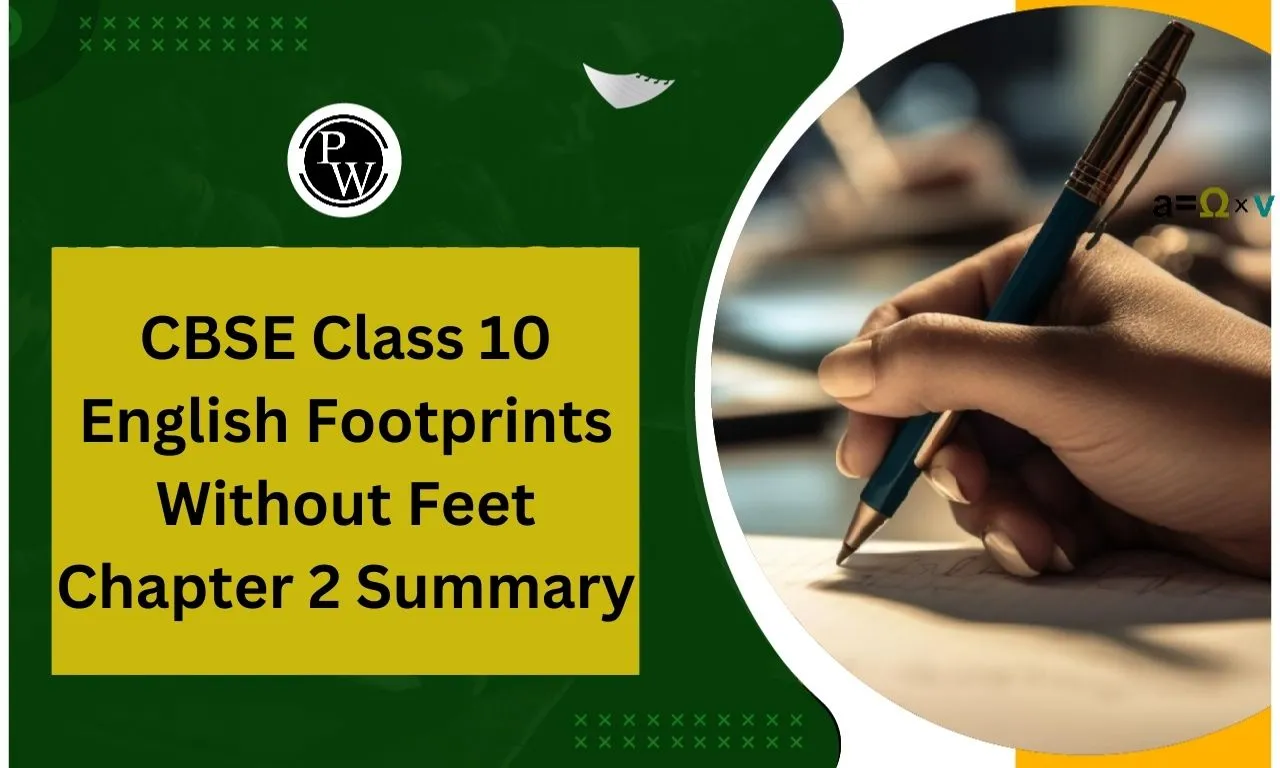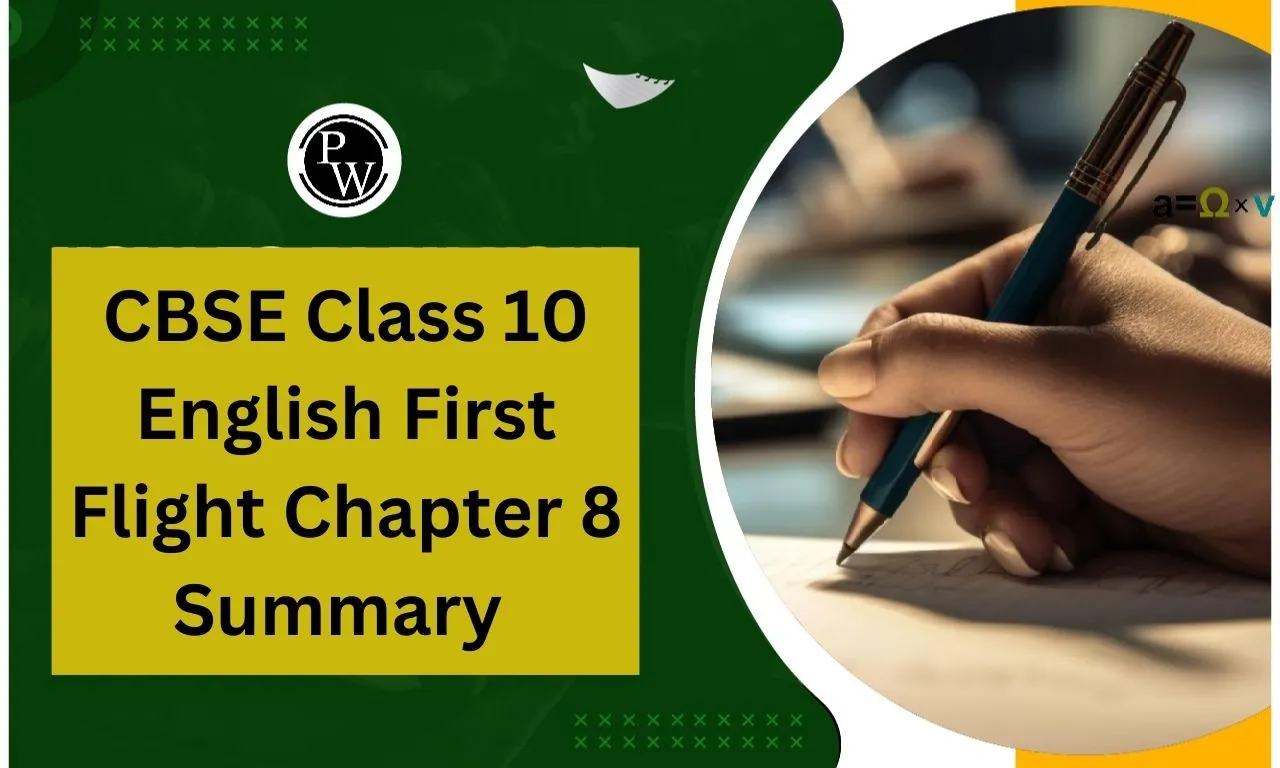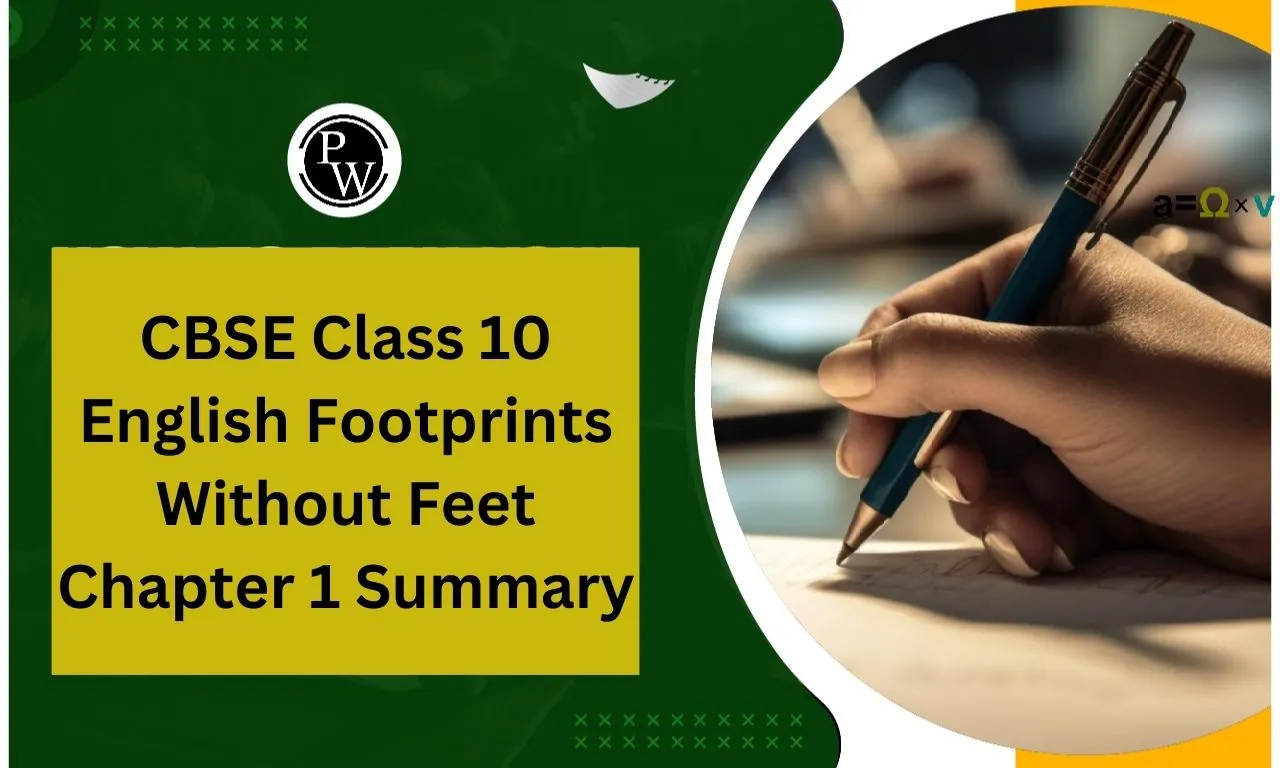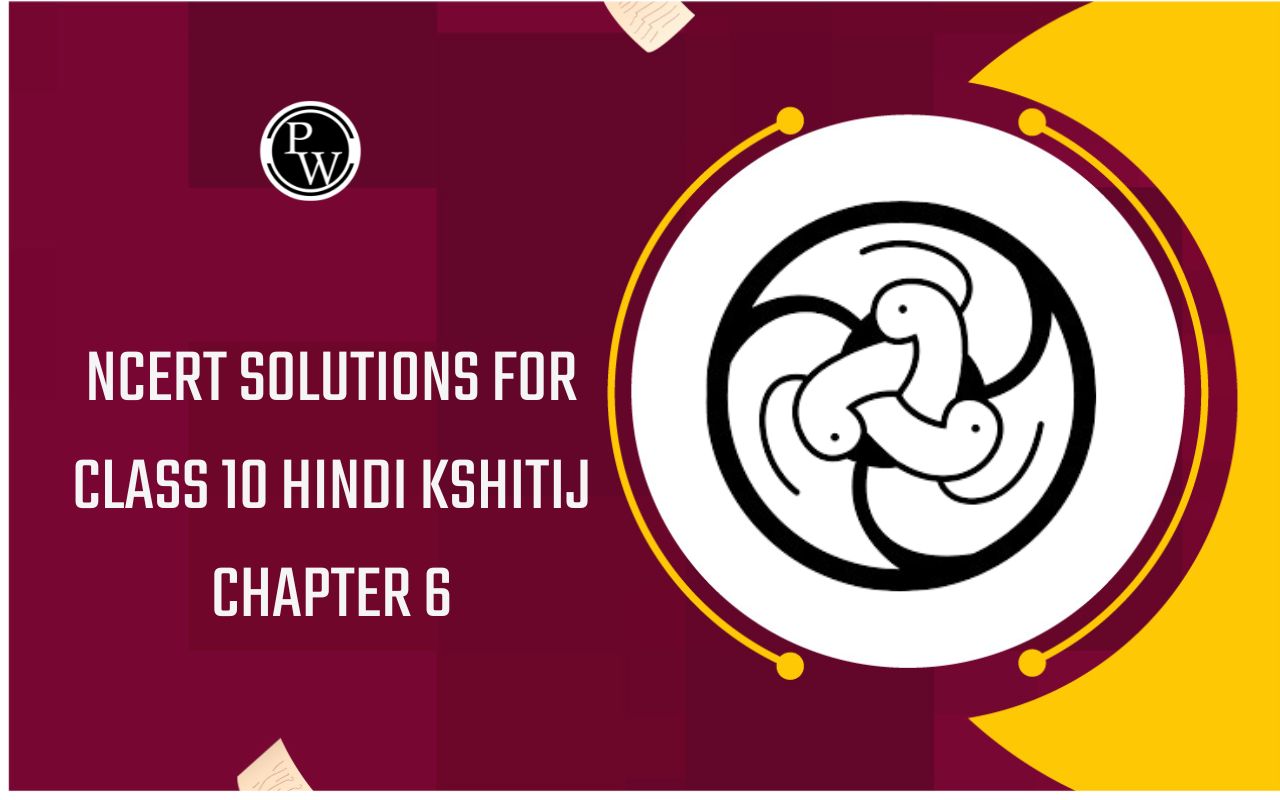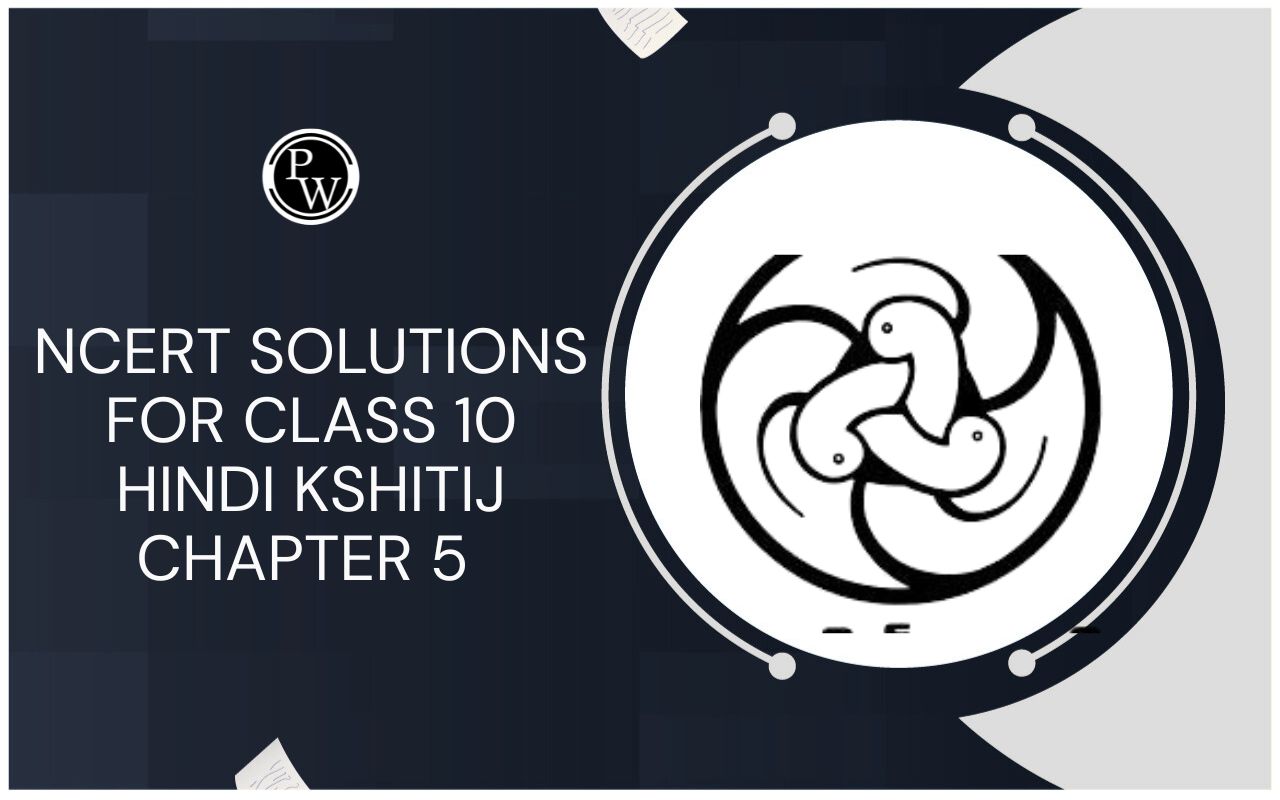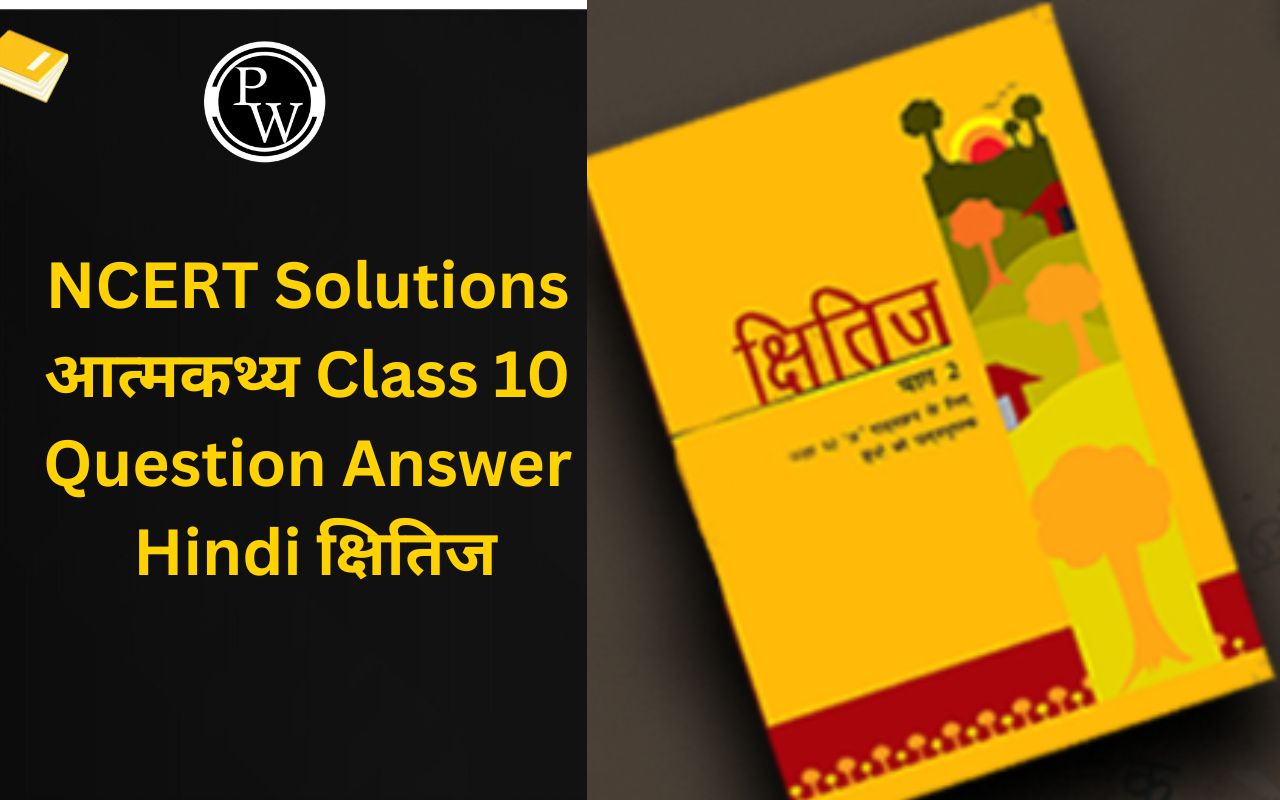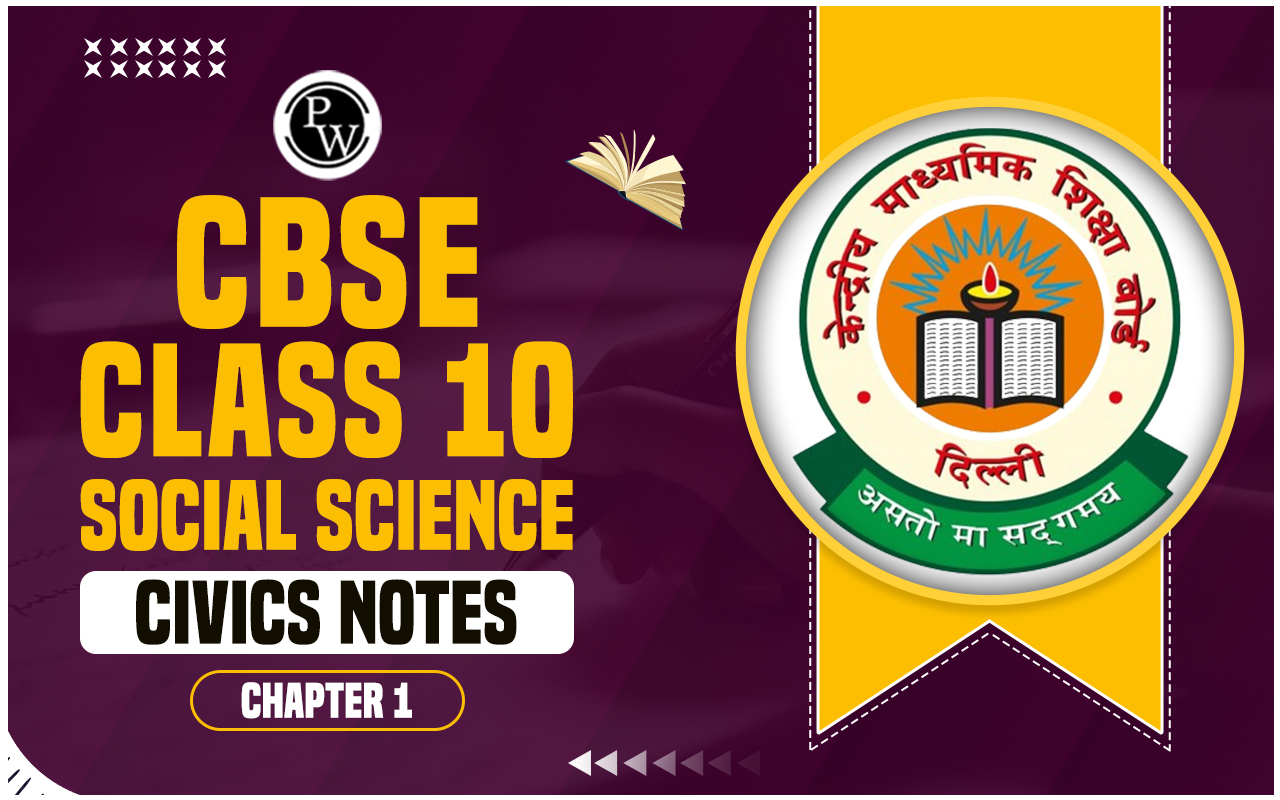
Past Perfect Tense: The pluperfect, often referred to as the past perfect in English, represents a verb form recognized as a grammatical tense in specific languages. It pertains to an action that took place before a specified time in the past, as seen in examples like "we had arrived" and "they had written" in English.
In this article we will cover Definition, how to use it, rules, Structure and examples of Past perfect Tense.
Past Perfect Tense
The past perfect tense is a way to talk about something that happened before another action in the past. It's like looking at the past from a point even further back.
Here's an example:
Simple Past: I ate dinner.
Past Perfect: Before I ate dinner, I had already done my homework.
In this example, doing homework happened before eating dinner. "Had already done" is in the past perfect tense because it shows an action completed before another past action.
Definition of Past Perfect Tense
The Past Perfect Tense, as described by various dictionaries, signifies the form of a verb indicating that an action was already completed before another action or a specific point in the past. According to the Cambridge Dictionary, it is used to demonstrate that an action had finished before another occurred. The Oxford Learner’s Dictionary adds that it expresses an action completed before a particular point in the past, constructed in English with "had" and the past participle.
Merriam Webster defines the past perfect tense as the verb form used to reference an action completed by a specific time in the past. Collins Dictionary offers a slightly different perspective, characterizing the past perfect tense as indicating an action or state completed before a specified or implied time in the past.
Structure of the Past Perfect Tense
Understanding the structure and formula of the past perfect tense can provide unexpected benefits. Once you grasp what it entails, everything naturally becomes more manageable, doesn't it? Here is the formula for the past perfect tense:
Subject+had+past participle+the rest of the sentence
To comprehend the structure of the past perfect tense fully, it's helpful to analyze how it functions in positive, negative, interrogative, and negative interrogative sentences.
| Structure of the Past Perfect Tense | |||
| Positive | Negative | Interrogative | Negative Interrogative |
| Subject + had + past participle + the rest of the sentence | Subject + had + not + past participle + the rest of the sentence | Had + subject + past participle + the rest of the sentence | Had + subject + not + past participle + the rest of the sentence (or) Hadn’t + subject + past participle + the rest of the sentence |
| Examples: The museum had closed by the time they reached there. | Examples: The car hadn't been serviced before it broke down on the highway. | Examples: Had the neighbours complained about the noise before the police arrived? | Examples: Hadn't the store closed when you went to buy groceries? |
Rules for Past Perfect Tense
Here are the rules for the Past Perfect Tense explained in simple terms:
When to Use: Use the past perfect tense to talk about something that happened before another action in the past.
Structure: Build the past perfect tense using "had" + the past participle of the main verb.
Example: They had finished their homework.
Sequence of Events: Use it when you want to show the order of two actions in the past.
Example: She had already left when I arrived.
Positive Form
Structure: Subject + had + past participle + rest of the sentence.
Example: She had completed the assignment.
Negative Form
Structure: Subject + hadn't + past participle + rest of the sentence.
Example: They hadn't visited the museum before.
Interrogative Form
Structure: Had + subject + past participle + rest of the sentence?
Example: Had you seen that movie before?
Negative Interrogative Form
Structure: Hadn't + subject + past participle + rest of the sentence?
Example: Hadn't they finished the project yet?
Application of Past Perfect Tense
This Tense finds application in the following situations:
It is used to set the sequence of multiple past events in order.
It signifies the duration of time leading up to a particular moment in the past.
This tense is used to convey that an action was incomplete and not accomplished at a specific point in the past, especially when contrasted with a simple past action.
Past Perfect Tense Examples
Here are examples of sentences of this Tense:
Positive
She had already finished her book before the movie started.
They had visited Paris once before they moved to London.
By the time I arrived, they had already left.
The team had won several matches before the final game.
Negative
He hadn't seen that movie before last night.
Before the party, she hadn't tasted sushi.
They hadn't heard the news until yesterday.
The train hadn't departed when we reached the station.
Interrogative
Have you ever travelled abroad before that trip?
Had she finished her work by the time you called?
Had they met each other before the conference?
Had the concert started when you arrived?
Negative Interrogative
Hadn't he realized the mistake before it was too late?
Hadn't the children eaten dinner when you got home?
Hadn't she received the email before the meeting?
| Related Links | |
| Present Tense | Past Tense |
| Future Tense | Present Perfect Tense |
Past Perfect Tense FAQs
What is the Past Perfect Tense?
How is the Past Perfect Tense Structured?
Q3. Can you provide examples of Positive, Negative, Interrogative, and Negative Interrogative sentences?
When should I use the Past Perfect Tense?

